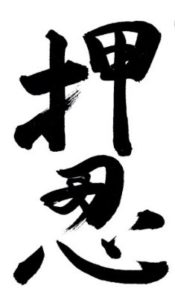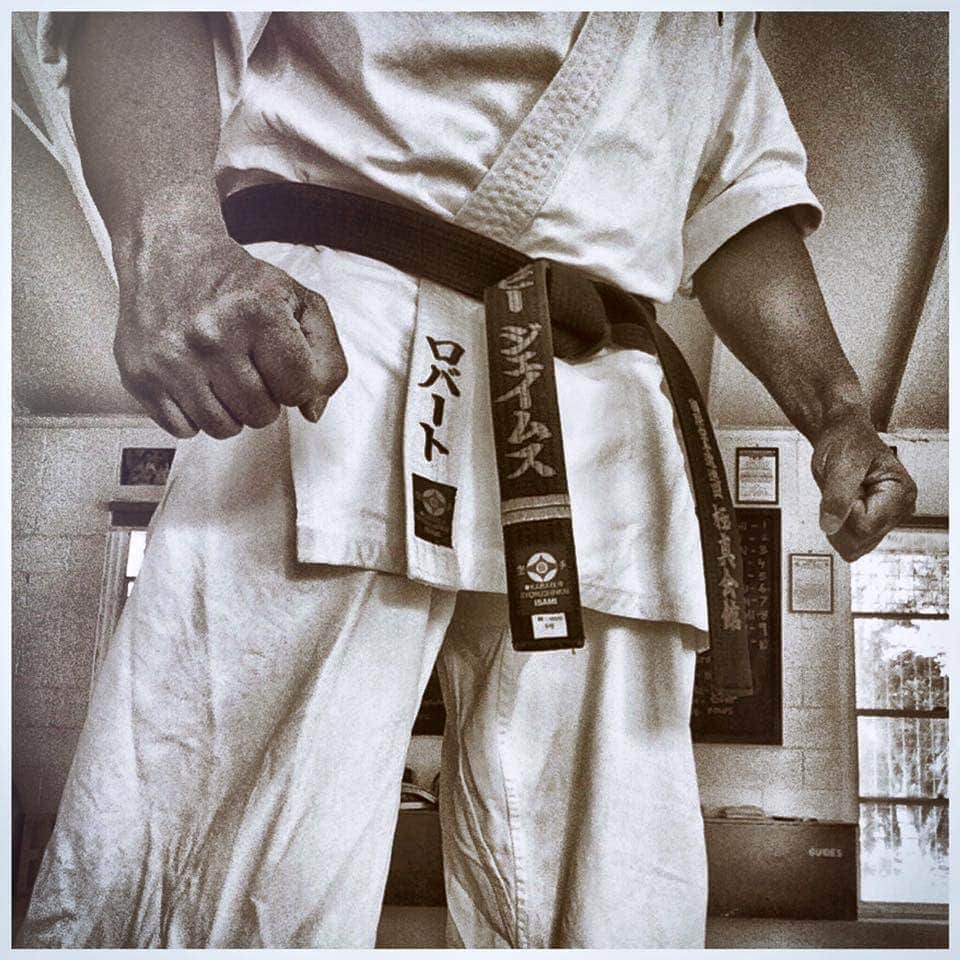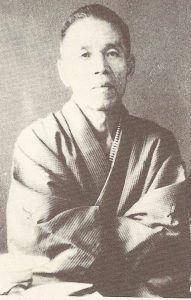OSS is a phonetic transmission made up of two characters. The first character osu literally means “push” or “press” and determines the pronunciation of the whole word. The second character shinobu has the meaning of “bear, endure, suffer”.
The use of this “omnipotent” word OSS ranges from everyday greetings to the meaning “thank you”, “please” or “I accept the teaching even if I do not understand everything” and can be used almost constantly in the karate world.
In Japan it is the word of words for karateka. The OSS should not only come from the upper third of the body via the vocal cords, but – like all energy in the martial arts – from the Hara (tanden) in the lower abdomen. Performed with a bow, it expresses respect, sympathy and trust towards the other. OSS also tells the Sensei that I have understood his instructions and will try to follow them. In the greeting ritual before and after the training, there is the “greeting-to-front” – “shomen-ni-rei” – or the “greeting-to-the-seat-of-the-gods” – “shinza-ni-rei” – no OSS, just a silent bow. Only when the sensei is greeted at the “sensei-ni-rei” or the fellow trainers at the “otagai-ni-rei”, one hears the OSS: once as a request to try the path of budo (karate, aikido, etc.) ) wanting to walk together, and then as a thank you at the end of the class.
OSS means more than just parroting “I agree”.

It means “I accept what you teach me, even if I don’t yet understand exactly WHAT you are teaching me right now, just because I feel that your teaching is correct”.
Complement:
A student who says: “I accept what you are teaching me, even if I do not yet exactly understand WHAT you are teaching me right now, because I feel that your teaching is right “- and it continues to teach, is not a phonograph, but a future path master.
That is the real meaning of OSS. More than just memorized parroting of OSS.
I have to feel the real OSS too.
How do Budoka recognize each other around the world? By showing respect to one another.







